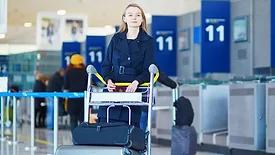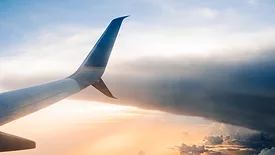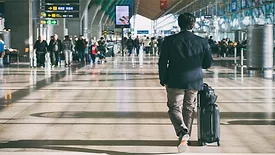Home » Keywords: » travel safety
Items Tagged with 'travel safety'
ARTICLES
Integrated Solutions
Strategic safety planning: Staying ahead of business travel threats
Security teams cannot eliminate business travel threats, but their adaptability in the face of an incident can greatly reduce risk.
August 7, 2023
Sign-up to receive top management & result-driven techniques in the industry.
Join over 20,000+ industry leaders who receive our premium content.
SIGN UP TODAY!Copyright ©2026. All Rights Reserved BNP Media.
Design, CMS, Hosting & Web Development :: ePublishing



.webp?height=168&t=1694792904&width=275)







